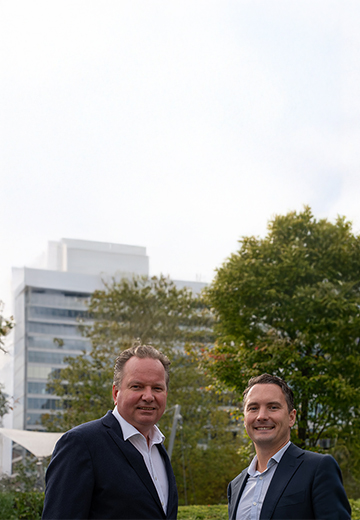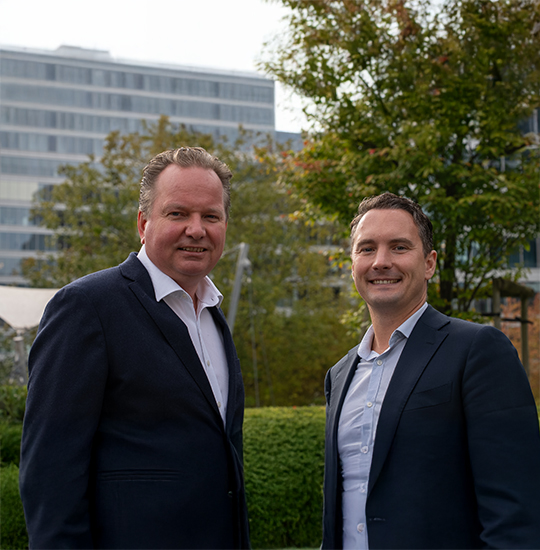Technology is a key enabler for creating value, but to close a deal, you still need real people
“M&A teams are already seeing how much more they can achieve: faster insights, broader analysis, and the ability to surface value-creation opportunities that would have been invisible just a few years ago”, he says.
This kind of insight is now routine. “Not relying on data and technology increases the risk of doing unsuccessful deals, Alexander adds. “Technology excels at spotting patterns across vast datasets, revealing trends in buying behaviour or operational risk that might be missed by human eyes alone, and helps specialists focus quickly on areas most likely to create value or pose challenges during integration planning.”
But relying exclusively on data and technology is clearly a danger as well. As algorithms get faster, data richer, and AI starts generating complex reports and analyses, Alexander argues that critical assessment of these outputs remains crucial. “The key is making sure these new tools support sound decision-making rather than replace it entirely,” he advises.
While automation handles much of the heavy lifting behind the scenes, teams must stay actively involved and question findings where needed to ensure conclusions make sense for each unique deal context.




